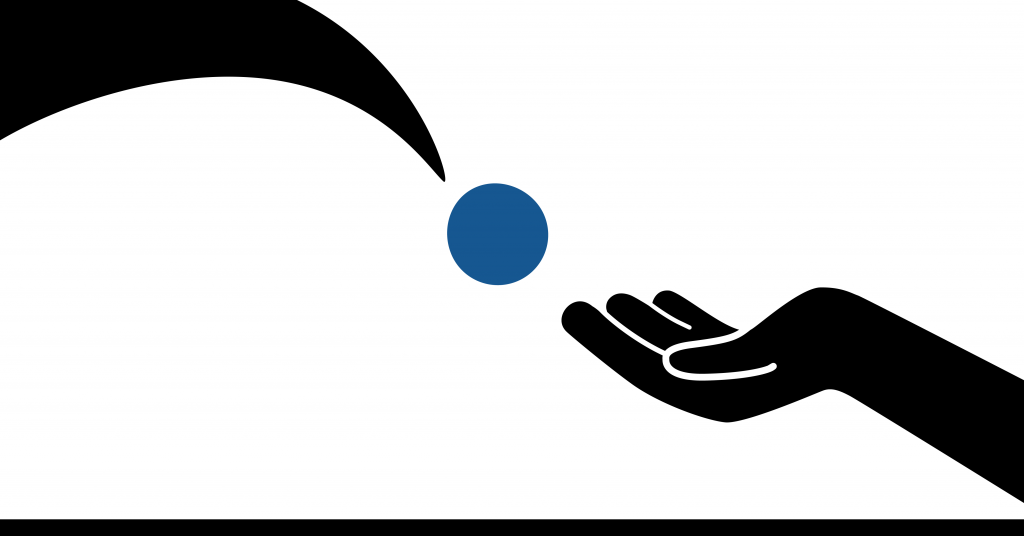Accessible Congregations Training Package
Our Doors Are Open helps faith communities by stimulating what we call “inclusive thinking”; this new worldview allows communities to reach out to members with disabilities and enable their full participation. Through Our Doors Are Open training package, the Inclusive Design Research Centre at OCAD University offers guidance to all faith communities.
The Open Your Doors “community-inclusion” workshop is designed specifically to help individual faith-communities. It enables communities to:
- Develop what we call “inclusive thinking,”
- Reach out to their members with disabilities
- Engage those members in full participation
- Discuss ways to create accessible media and communications
- Assess the physical and social inclusivity of a faith-community.
Our interactive program includes:
- The Open Your Doors “community-inclusion” video workshop
- Guide for Accessible Congregations
- Accessibility Check List
Accessibility is much more than the built environment; it is important to include it in the things we do inside and outside our places of worship. We know that many communities are thinking about accessibility and making changes, but we understand that that implementation is not easy.
Add to the Accessibility Map
Add Your Worship Space and/or Community
Help others learn about accessibility features at Ontario worship spaces and communities. Our Door Are Open creates a community of people who care about access, and opens doors to a new world. Complete the brief form below to get a listing on Accessibility Cloud–the database for accessibility maps.
Opening Your Doors
Welcome New People with Disabilities
Your faith community is most likely a welcoming one and wants to be inclusive of people with disabilities and of other individuals who may feel under-represented. You may already do things to make people with disabilities feel at home in your community. That said, your community may also unwittingly exclude people with disabilities, because many traditions and environments have been designed without considering the needs of people with disabilities. In the past, this exclusion was accepted by most and not questioned. Today, however, we know better but can still be exclusive because we have not fully integrated inclusive thinking into the design of our traditions, activities, and spaces.
Full and meaningful participation in rituals, worship and faith community activities affirms belonging and is often an extension of one’s faith. People with disabilities in your community may be excluded from full participation in these activities but inclusion is almost always possible with some creative thinking and a plan for action.
Inclusive thinking is an ongoing process that means learning new habits and behaviours. Ontario faith communities can be more welcoming to people with disabilities. Following is a brief description of what you can do. You can learn more about each step by following the “learn more” link, viewing the Video Training, and reading the Our Doors Are Open Guide.
Step 1: Form an Accessibility Committee
A good way to make inclusion and accessibility a priority in your community is to form an accessibility committee (also called a “disability awareness committee” or an “inclusion committee”); this is a group of people in your faith community that looks after the needs of people with diverse abilities. Members of accessibility committees are the community’s champions for accessibility for people with disabilities.
You can begin by recruiting people with disabilities for leadership roles within your community. Having people with lived experience of disability in leadership positions is critical for creating and supporting a more inclusive infrastructure. They will be able to give advice on accessibility and inclusion matters within your community based on their personal/professional knowledge, expertise, and experience.
Step 2: Identify Barriers
Although accessibility may seem like a practical issue, it is also a theological one. When a faith community has barriers to accessing its facilities, rituals, and practices, the community is making a statement about its beliefs and about who should be included. Identifying and removing barriers is a key step in the inclusion process.
Step 3: Make a Plan
Are you missing a few things from the Brief Accessibility Checklist? Perhaps all you need is a simple tweak. You may be worried that adding some of the features on the checklist may be too costly. Don’t worry! There are always creative ways to tackle problems that are innovative and affordable. Read the rest of the guide for ideas. Also, check out our website (/category/participating-communities/) for what other communities are already doing. Do you have an accessibility solution that you are really proud of? Share your idea with us on our Facebook page (https://www.facebook.com/OurDoorsAreOpen/).
Mapathon
You can review the spaces and places that you visit for accessibility and help build the accessibility map in accessibility cloud. Try our simple form on BIG IDeA to share your assessment: Review a Business
Our Doors are Open help you to organize a mapping event in your community. Mapathons provide a quick and easy way to determine accessibility and inclusivity in your community. Bringing together people from your community to work together, you can evaluate ease of movement and access to information at your place of worship and the surrounding area. Click below for more information on how mapathons work and to sign up for one with your community:
